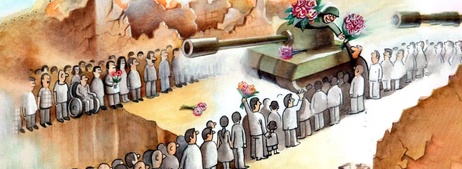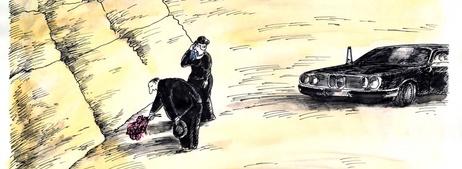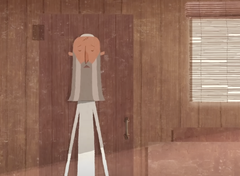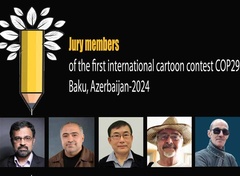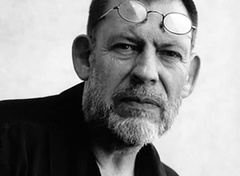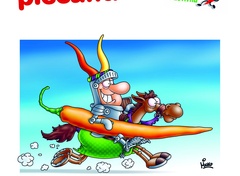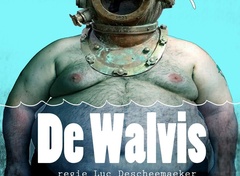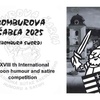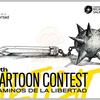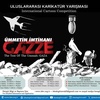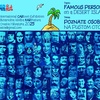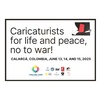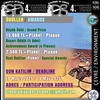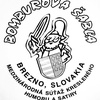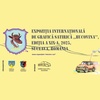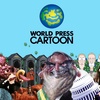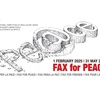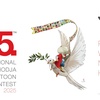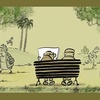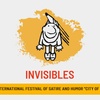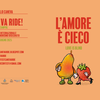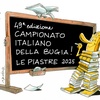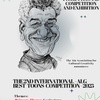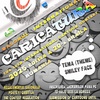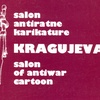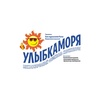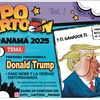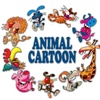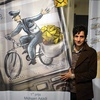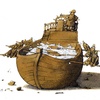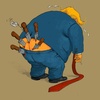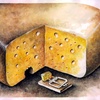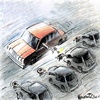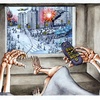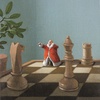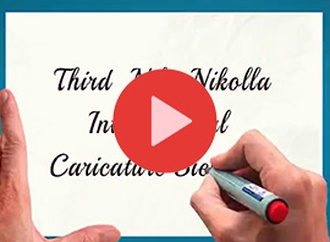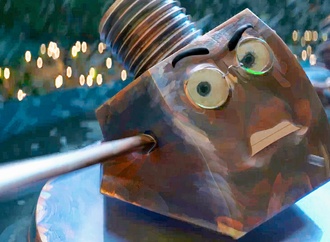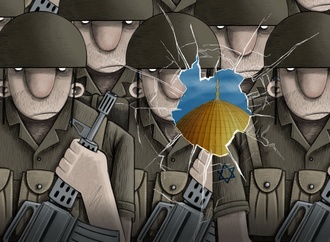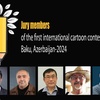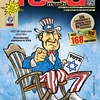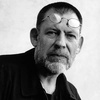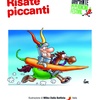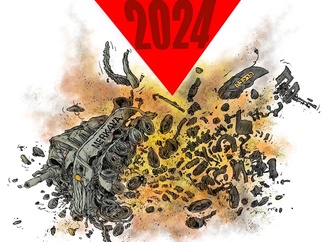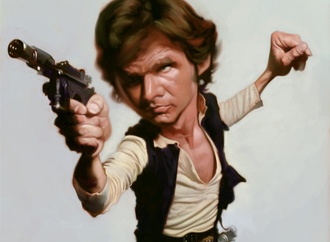Revered in Brazil and around the world, Alireza Pakdel is recognized for using graphic humor to address social causes in a direct and impactful way. Event will be open to the public.
In awe of COTIP's 50th birthday, high school students will have the privilege of exclusively receiving one of the most revered cartoonists in the world, Iranian Alireza Pakdel.
He attends the 46th edition of the Piracicaba International Humor Salon, which takes place from August 10th to October 27th at Engenho Central and, before, on August 7th, enjoys sharing experiences with students from 9 to 10:30 am, during a meeting open to the public in the Noble Hall of FUMEP.
"He will be accompanied by his wife, illustrator Saba Darabhian, and will provide us with a unique moment, aimed at a better understanding of the artistic-cultural interventions used by graphic artists to reflect on themes directly or indirectly related to each of us," he said. COTIP academic coordinator, Prof.Marcos Joel Leite.
A native of Mashhad, Alireza Pakdel is 38 years old and his work is widespread in major newspapers and publications in Iran. It began in 1994, with cartoons in the magazines "Golagha Bacheha", "Golagha", "kayhan Caricature" and the weekly "Tavana".
“He is a complete artist; awarded nationally and internationally and has even won two major awards at the Piracicaba International Humor Salon, ”said Adolpho Queiroz, a member of the Salon's Advisory Board.
He recalls that the artist is recognized for the irreverence and the power to explore the potential of humor in direct and impactful approaches to themes that bring out the humanitarian crisis in its various aspects, instigating reflections on social causes.
Pakdel has the 'power' to position himself critically using graphic humor, coupled with many colors and geometric shapes, to advance the dimensions given to themes of great social relevance, such as the desperate situation of refugees leaving the Middle East towards Europe, but they did not reach their destination, endangering the humanist principles of the West.
According to Pakdel himself, his art reveals his mission; that is, the possibility of using the language of reflective graphic humor to denounce, alert and question issues of social relevance. “I hope my art gets attention and has a positive impact on the topics covered,” he said, stating that his favorite themes are those linked to people's lives. “I wish I could change the world with my art,” he confided.


